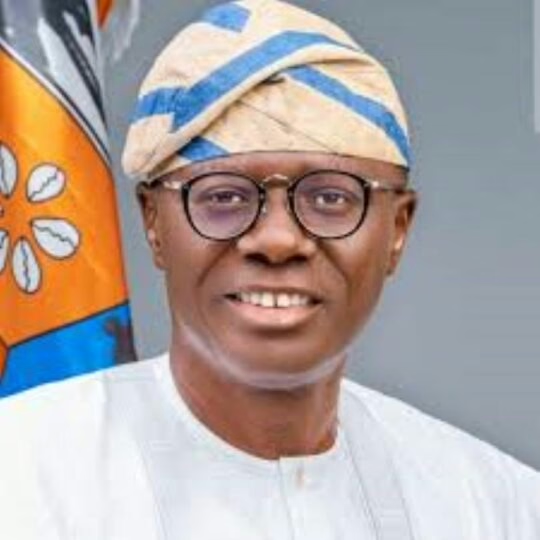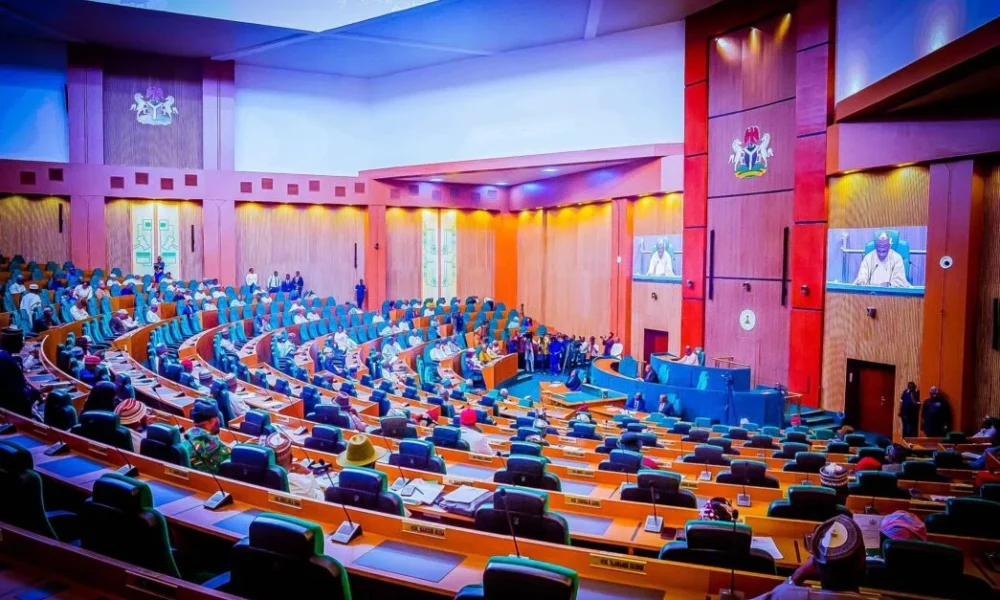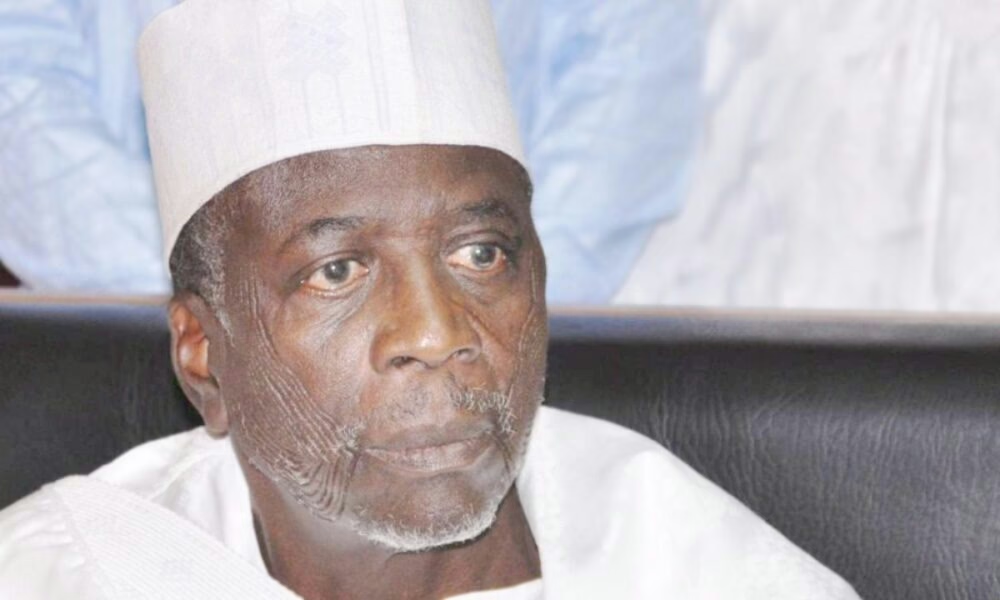A civil society think-tank, The Pan African Dialogue Institute (TPADI), has called on the Federal Government to declare May 25 as a public holiday to celebrate International Africa Day.
President of TPADI, Dr. Effiong Udo, stated this at a press conference in Abuja. Udo also disclosed that an international conference to provide informed Pan-Africanist perspectives on a wide range of issues affecting Africans is scheduled to take place between May 23 and 26, 2024.
The event, which he said would witness the formal unveiling of TPADI, would have former President Goodluck Jonathan as chairman as well as Kenyan professor, renowned activist and lawyer, Patrick Mulumba, as keynote speaker.
He listed other world leaders who have indicated interest to attend the conference to include former vice president of the Republic of The Gambia, Fatoumata Jallow Tambajang and Vice President of Colombia, Francia Marguez, among others.
He disclosed that the event would be hosted by the Institute in collaboration with the Centre for Deep Dialogue and Critical Thinking, Directorate of International Programmes and Faculties of Arts, Law, Social Sciences and Communication and Media Studies of the University of Uyo.
He said: “Our job is to inspire excellence and best practices in Pan Africanism, promote African values of community, hospitality, respect for human and environmental dignity, unity in diversity, love and solidarity with all, as encapsulated in the Ubuntu philosophy. We are seeking to reverse the mentality that Africans are not capable of helping themselves and solving their problems. We want to reverse that culture of dependency on external assistance that unfortunately still prevails on the continent. If people become too reliant on getting their support, their nourishment and their safety from outside sources, they do not strive to find the power within themselves to rely on their own capacities.
“Pan Africanism calls upon Africans to draw on their own strengths and capacities and become self-reliant. Again, we are seeking to celebrate our African-ness, the unity, resilience and collective identity as Africans. And we want to achieve all these by using dialogue and collaboration among individuals, communities, institutions and nations.
“Accordingly, many Africans and African leaders have a lukewarm attitude towards Pan Africanism, and many African countries, including Nigeria, do not even remember to mark the International Africa Day.”
Udo recalled that on May 25, 1963, leaders of the then 32 independent African States signed a founding charter in Addis Ababa, Ethiopia, which brought the Organisation of African Unity into existence.
He also recalled that in 2002, the OAU established its own successor, the African Union, and adopted May 25 every year as a day to celebrate Africa and highlight the continent’s continued struggle against neocolonialism and exploitation.
“Surprisingly, ever since the day was declared, only nine African countries (The Gambia, Ghana, Guinea, Lesotho, Mali, Mauritania, Zambia and Zimbabwe) are known to observe May 25 as a public holiday with celebrations. The other 46 countries, including Nigeria are less aware of this very important day. In this regard, TPADI makes it possible for Nigeria to celebrate Africa Day, the first time ever,” he said.
He stated that TPADI’s programmes and activities revolve around three thematic areas of education, policy and projects. He added: “Pan-Africanism emerged as a response to the long history of the indignities of colonisation, enslavement and systemic oppression and exploitation faced by African people across the globe.
“The Pan African Dialogue Institute is therefore established to pursue the decolonisation of the mind through education, policy analysis, policy building and advocacy around multi-faceted issues within the threshold of Pan-African principles.”











